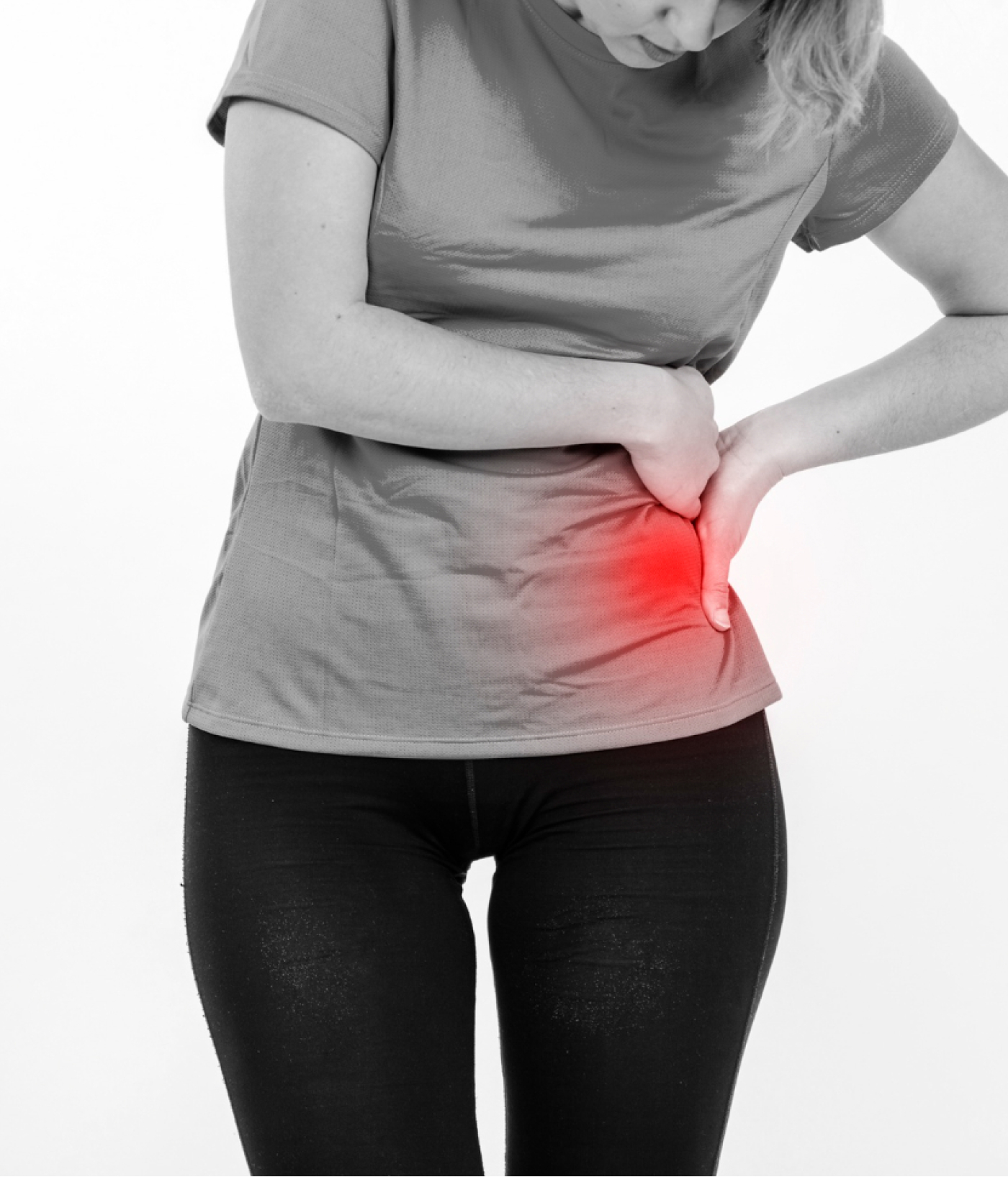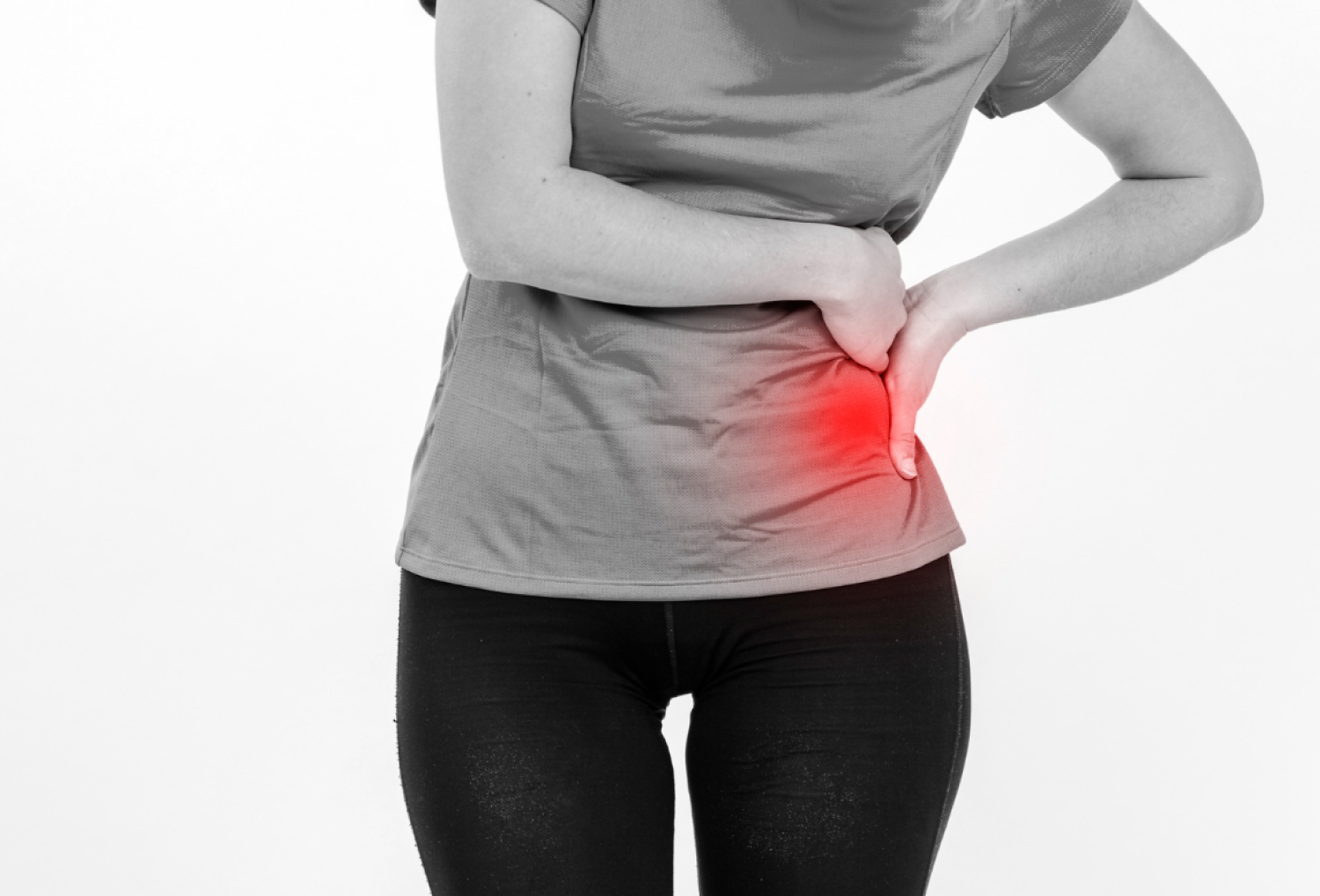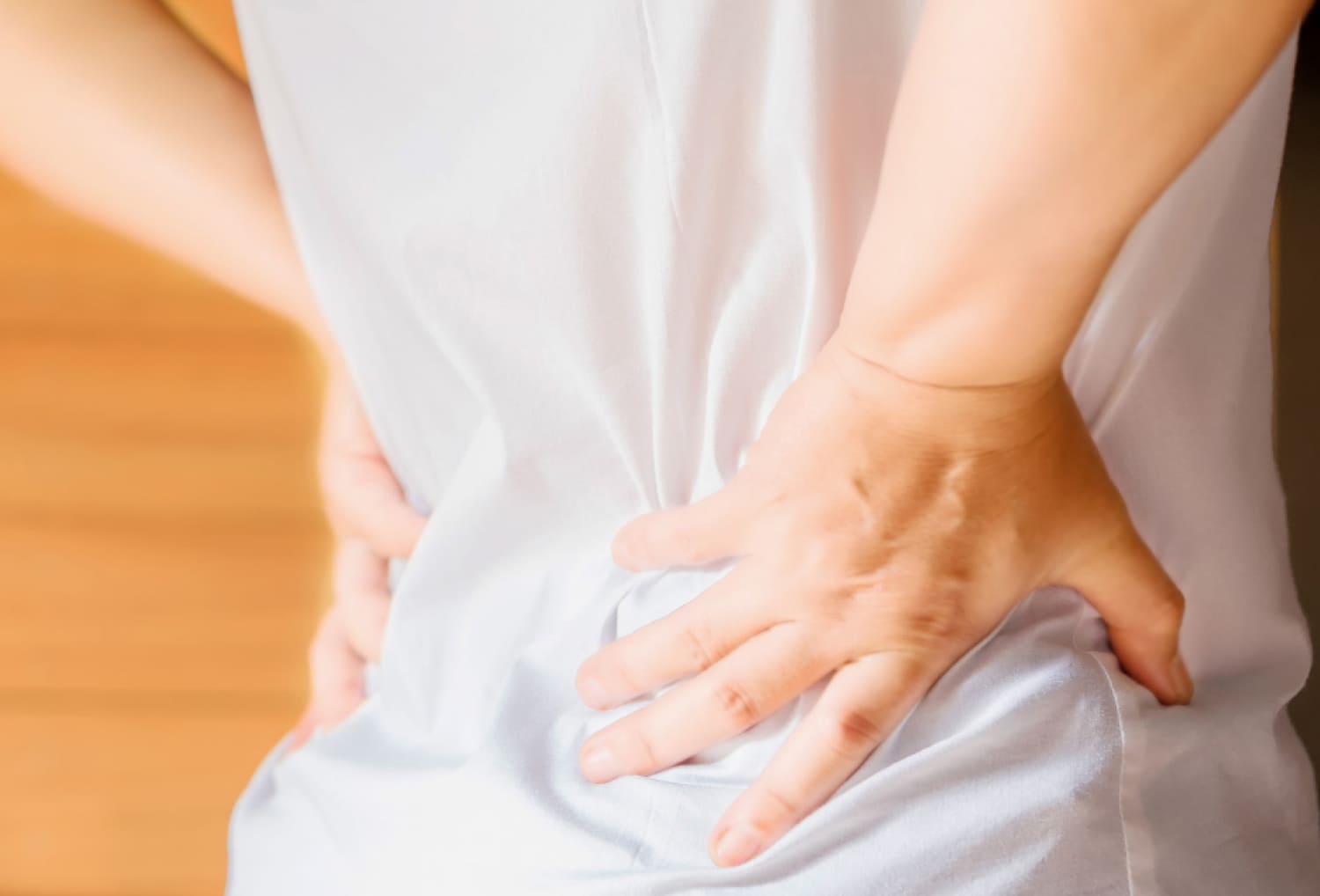Hip Osteoarthritis Specialist In Singapore

Dr Wang Lushun
Senior Consultant Orthopaedic Surgeon
MBBS (Singapore)
MRCS (Edin)
MMed (Ortho)
FRCS (Ortho) (Edin)
- Get active again by treating your Hip osteoarthritis
- Fellowship-trained orthopedic surgeon
- Specialises in Direct Anterior and Direct Superior Hip approaches
- Focused on Enhanced Recovery Protocols
- Key Opinion Leader and Trainer of minimally invasive hip surgery to regional surgeons
- Internationally recognised, more than 1500 surgeries performed



What is Hip Osteoarthritis?
Hip osteoarthritis is a type of arthritis that affects the hip joint. It is a chronic condition that develops over time due to wear and tear on the joint. The hip joint is a ball-and-socket joint, made of the femur head (ball) and the acetabulum (socket). The hip joint is designed to provide stability and support to the body, as well as to allow for a wide range of motion.
When hip osteoarthritis occurs, the cartilage that covers the ends of the bones in the hip joint begins to break down. This causes the bones to rub against each other, leading to pain, stiffness, and reduced mobility. As the condition progresses, the bones may also develop bone spurs, which can further damage the joint.
Symptoms Of Arthritis In Hips
The symptoms of hip osteoarthritis can vary from person to person, but some of the most common symptoms include:
Pain
Pain in the hip joint, which may be felt in the groin, thigh, or buttocks
Stiffness
Stiffness in the hip joint, especially after sitting or lying down for a long period of time. Stiffness affects both flexion and extension as well as rotation of the hip joint.
Reduced range of motion
Reduced range of motion in the hip joint, making it difficult to perform everyday activities such as walking or climbing stairs. This leads to reduced quality of life.
Grinding or clicking sensation
A grinding or clicking sensation in the hip joint.
Swelling
Swelling or tenderness around the hip joint
Is Your Hip Pain Keeping You
On The Sidelines?
On The Sidelines?
Restore your hip’s function and stability and prevent further damage or complications.
Diagnosing Hip Osteoarthritis
If you are experiencing symptoms of hip osteoarthritis, your doctor may perform a physical exam to assess your range of motion and detect any areas of tenderness or swelling around the hip joint. Your doctor may also order imaging tests such as X-rays or MRI scans to get a better look at the hip joint and assess the extent of the damage.
Non-Surgical Treatment Options For Hip Osteoarthritis
The choice of treatment will depend on the severity of the condition and the individual patient’s needs and preferences.
Your hip osteoarthritis specialist may recommend non-surgical treatments such as:
- Lifestyle changes, such as losing weight or modifying activities to reduce stress on the hip joint
- Physical therapy can help improve the range of motion and reduce pain and stiffness in the hip joint. Physical therapy also strengthens the hip muscles especially the hip abductors and buttock muscles which provides dynamic stability to the hip joint.
- Medications, such as pain relievers or anti-inflammatory drugs, help manage pain and inflammation
- Injections of corticosteroids or hyaluronic acid into the hip joint to reduce pain and inflammation
Surgical Treatment Options For Hip Osteoarthritis
If non-surgical treatments are not effective in managing hip osteoarthritis, your doctor may recommend surgery. Some of the surgical options for hip osteoarthritis include:
- Hip resurfacing surgery, which involves replacing the damaged surface of the hip joint with a metal implant. This is less commonly performed now.
- Osteotomy, which involves reshaping the bones in the hip joint to improve alignment and reduce stress on the joint
- Hip replacement surgery, which involves replacing the entire hip joint with an artificial joint. This is made of biocompatible materials such as meta alloys, polyethylene and or ceramics.
Hip Replacement Surgery
Hip replacement surgery is a common procedure for severe hip osteoarthritis. During the surgery, the damaged hip joint is removed and replaced with an artificial joint made of metal alloys, plastic (polyethylene), or ceramic.
The procedure typically takes two to three hours, and patients typically stay for 1 to 2 days in the hospital to recover before discharge with enhance recovery protocols.
Hip replacement surgery is performed when sufficient conservative management has failed to alleviate symptoms and quality of life is adversely affected by the painful and stiff arthritic hip joint.
Hip replacement surgery is generally a very rewarding surgery with a high success rate in the appropriate patient. A successful and well executed hip replacement alleviates pain, improves mobility and grants a better quality of life.


When is the Best Time for Hip Replacement Surgery?
- According to a study published in the Bone & Joint Journal, the best time for hip replacement surgery is when your hip osteoarthritis symptoms have reached a point where they significantly impact your daily life, and conservative treatments such as physical therapy and pain medication no longer provide relief. Delaying surgery beyond this point can lead to further joint damage, muscle weakness, and increased risk of complications.
- The New England Journal of Medicine revealed that patients who underwent hip replacement surgery earlier in the progression of their hip osteoarthritis experienced better long-term outcomes. Improved mobility, reduced pain, and a lower likelihood of needing additional surgeries are some of the benefits of timely intervention.
- The American Academy of Orthopaedic Surgeons recommends scheduling your procedure when you’re in good overall health and have a strong support system in place.
The best time for hip replacement surgery is when your symptoms become debilitating and non-surgical treatments are no longer effective. Prioritizing early intervention and ensuring a conducive environment for recovery are key factors in maximizing the benefits of this life-changing procedure. Consult with a qualified orthopaedic surgeon to learn more about your options.
Understanding The Causes Of Hip Osteoarthritis
There are several factors that can contribute to the development of hip osteoarthritis. One of the most common causes is simply aging. As we get older, the cartilage in our joints begins to wear down, which can lead to the development of osteoarthritis. Other factors that can contribute to hip osteoarthritis include genetics, obesity, previous injuries or surgeries, and certain medical conditions such as rheumatoid arthritis and avascular necrosis.
Recovery After Hip Replacement Surgery
Full recovery after hip replacement surgery can take several weeks, depending on the individual patient’s condition and the extent of the surgery. During the recovery period, patients will need to follow a rehabilitation program to regain strength and mobility in the hip joint. This may include physical therapy, exercises, and other measures to manage pain and inflammation.


Dr Wang Lushun
Senior Consultant Orthopaedic Surgeon
MBBS (Singapore)
MRCS (Edin)
MMed (Ortho)
FRCS (Ortho) (Edin)
Internationally Recognised & Double Fellowship-Trained Surgeon With Over 18 Years of Experience
- Bachelor of Medicine & Bachelor of Surgery (MBBS),
National University of Singapore - Member of The Royal College of Surgeons (MRCS),
Edinburgh, United Kingdom - Master of Medicine in Orthopaedic Surgery (MMed),
National University of Singapore - Fellow of The Royal College of Surgeons in Orthopaedics and Traumatology (FRCS), Edinburgh, United Kingdom
As a Senior Consultant Orthopaedic Surgeon and former Head of the Hip and Knee Division in Ng Teng Fong Hospital, he has won awards for superior patient outcomes (value driven), service quality and enhanced recovery programmes. His patients include current and former national athletes and sporting professionals.
Why Choose
Dr Wang Lushun?
Trusted
Leadership on Orthopaedic Advisory Boards
Skilful
Double Fellowships at Centres of Excellence
Experienced
Senior Consultant with Over 18 Years of Experience
Patient-Centred Orthopaedic Care
We are dedicated to your recovery and well-being. Every patient deserves the freedom that comes with active living. Whether you're an athlete sidelined by an injury or a weekend hobbyist desperate to return to your passion, our mission is to help you regain your mobility and independence.
Personalised Approach For Positive Outcomes
Our clinic prioritizes time dedicated to understanding each patient’s injuries and needs. Dr Wang strongly believes that personalised care & patient management will lead to better outcomes & positive experiences.
Minimally Invasive Techniques For Faster Recovery
Dr Wang’s extensive experience with minimally invasive procedures allows for less scarring, lower risk of complications and faster recovery compared to traditional surgical methods.
Aftercare Focused On Restoring Mobility & Well-Being
As an avid sportsperson, Dr Wang understands the time and patience required to regain mobility and return to active living. After your procedure is completed, Dr Wang will make sure your recovery is smooth and comfortable.
Insurance
We accept all patients, with or without insurance plans. Additionally, we are on the specialist panels of these Health Networks/Insurance Plans. Please contact us if you have any queries and we will be happy to assist you in checking with your insurance provider.